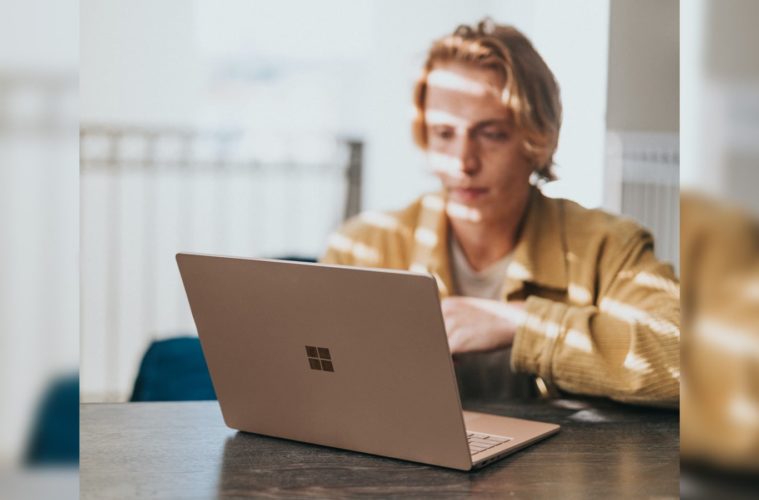In partnership with The Fresh Toast
Cannabis telemedicine allows physicians to supply medical cannabis prescriptions to patients through video chats. New Jersey is the latest state to adopt this option.
The pandemic has pushed telemedicine to the forefront of the conversation, providing an option that’s safer for everyone and that gives patients the chance to get the medical advice they need while saving money, time and stress.
Cannabis telemedicine is also growing, although at a slower pace due to the bureaucratic hurdles it has to traverse. New Jersey is one of the latest states to adopt cannabis telemedicine measures, allowing residents to get approval for medical cannabis and for other controlled substances digitally.
RELATED: What Is Cannabis Telemedicine And Is It Beneficial?
According to state law, the doctor must discuss the risks and benefits of opiates and other alternatives during these video meetings. They must also provide the necessary information on medical cannabis, check in with a Prescription Monitoring Program for what they prescribe and supply a maximum supply of 5 days when it comes to acute pain diagnoses. The meetings must also have video and audio enabled from all participants and must be “consistent with the standard of care.”

Photo by Andrea Piacquadio via Pexels
“New Jersey health care practices are again offering in-person services, but telehealth remains an important option for patients and providers,” said Attorney General Gurbir Grewal. “Today, we’re making it easier for patients to choose telehealth services for any reason, including to avoid an in-person visit due to the continuing risk of COVID-19.”
RELATED: This Telemedicine Start-Up Believes Virtual Health Care Is Here To Stay
While telemedicine is a simple way of eliminating in-person visits to hospitals and doctors offices and, thus, preventing the spread of the virus, New Jersey’s new ruling has to follow the DEA’s standards. Due to the pandemic, the DEA has allowed a temporary waiver that allows medical practitioners to supply medical cannabis through video but doctors will likely be extra careful when prescribing these, ensuring that the condition being treated fits neatly into their state’s medical cannabis program.
Other states in the U.S. have implemented cannabis telemedicine, not only due to the pandemic, but also in hopes of facilitating virtual visits for patients who are in no condition to visit a doctor’s office or who live far away from their physician. At the end of the day, telemedicine, particularly when it relates to cannabis, is something that’s very convenient.
Read more on The Fresh Toast
Advertising disclosure: We may receive compensation for some of the links in our stories. Thank you for supporting LA Weekly and our advertisers.

